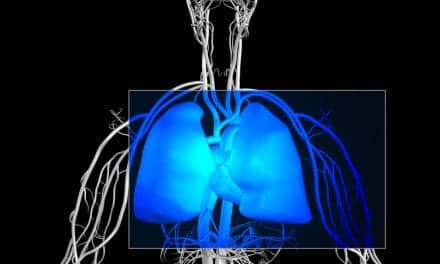New research suggests that efforts to prevent gallbladder fluid from reaching the lungs could help slow disease progression in cystic fibrosis.
Since Pseudomonas aeruginosa is the microbe responsible for the vast majority of disease complications among CF patients, researchers at University College Cork at the National University of Ireland decided to study how bile can affect the virulence — or capacity to cause disease — of this bacterial species, as well as its response to antibiotics. For this purpose, the researchers grew two sets of bacteria in the lab, exposing one of them to bile.
An analysis of the bacterial transcriptome (the entire set of gene transcripts, or mRNA copies of active genes), showed that bile triggered a host of changes in bacterial gene activity. Researchers realized that many of the altered genes were involved in activating a chronic infection state, helping bacteria to grow into the blanket structure that scientists refer to as biofilm.
Once the bacteria started growing in this fashion, they also became more resistant to antibiotic treatment with three commonly used drugs: colistin, polymyxin B, and erythromycin.
While these are interesting results, they cannot really inform scientists how to prevent such changes in patients. Bile is by no means a simple compound. Composed of both organic substances and inorganic components, it includes a range of factors that could contribute to the switch in bacterial behavior. So for scientists to develop approaches capable of stopping this transformation, they first need to identify them.










